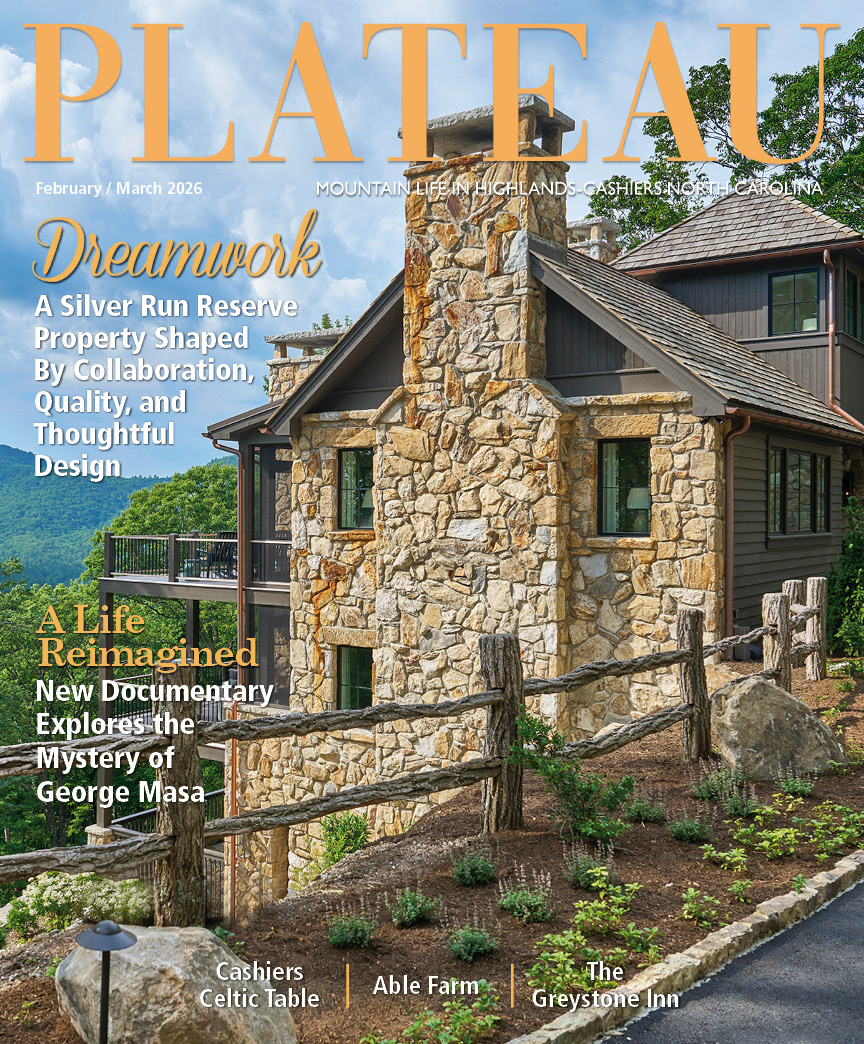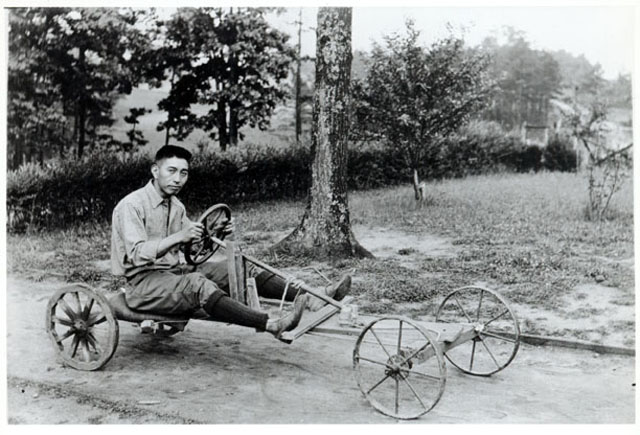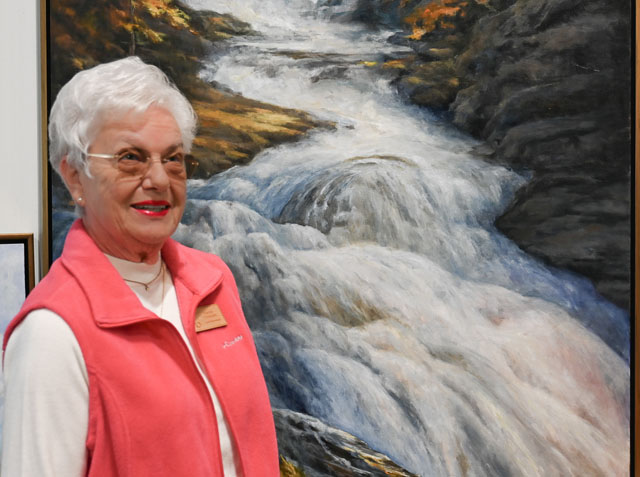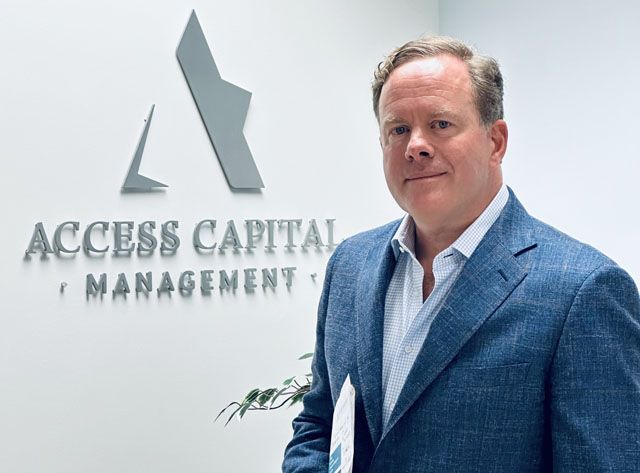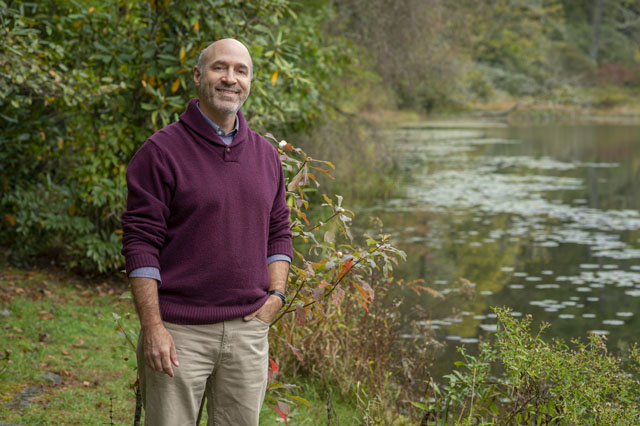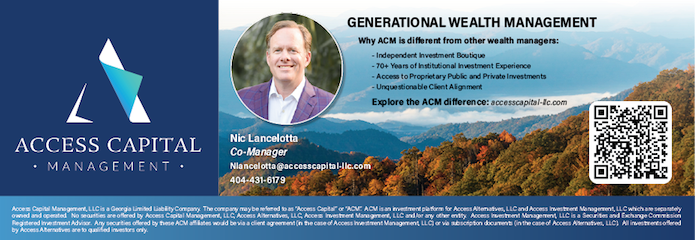Circles
03 Feb 2021
A nonprofit set on expanding possibilities
By Kat Ford
Photos by Irv Welling
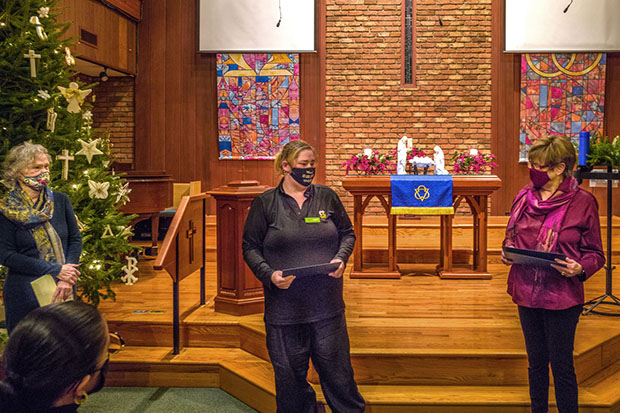
How big is your circle?
Whose brain do you pick for an investment strategy? Which one of your thinks-outside-the-box entrepreneurial friends do you lean on for creative endeavors? A diversified circle is a powerful thing, so much so that tech companies have provided networking-minded individuals tools like LinkedIn. I can determine if I have an expert in quantum theory in my professional or social sphere in seconds. I can also see how many degrees they are away- navigating the likelihood of interviewing them for the sci-fi novel I'm writing. Synergy.
It is harder to do things within a smaller circle. What if you didn't have anyone to ask about the steps to buying a first home? What if the concept of saving for and attending college was foreign to many in your sphere? In this context, your circle might seem less like a world of limitless synergistic connecting points and more like a corral- small and fenced in.
Several years ago, eight Cashiers residents attended a fundraising luncheon for the Sylva chapter of CirclesUSA. A national organization, CriclesUSA, gathers adults who are motivated to move out of poverty and matches them with middle-income and high-income Allies who can support and encourage them on their journey. After hearing the testimonials of several Leaders from that chapter, they embarked on a quest to bring Circles to Cashiers. Between applying for grants and training, it took one year before the first cohort of Learners began in February of 2020.
After an interview and application process, Learners join a cohort, eventually graduating to become Leaders. Leaders are then assigned an Ally. Allies must complete two online training courses and complete a background check. They meet with their Leader two to four times a month to go over goals and discuss any hardships the Leader may be experiencing. This pairing is fluid; with individuals building organic levels of friendship, the Leader's circle grows.
CirclesUSA ultimately seeks to reduce poverty, with a hope to cut the poverty rate by 10% in communities across America. They believe that a reduction of 10% creates a tipping point to wide-spread change. In 2020, poverty in the United States ranged from $12,760 for a one-person household to $30,680 for a household of five. In Jackson County, 19.3 percent of people live in poverty, in contrast to 13.6 percent in the state of North Carolina, according to census.gov.
Circles Cashiers-Glenville, who also welcomes prospective Learners from nearby areas like Highlands, identifies some of the most critical factors that create a cycle of poverty on the plateau: the lack of both living-wage jobs and affordable housing. CirclesUSA also highlights the Cliff Effect as a significant hurdle when attempting to climb out of poverty. The organization defines this as the moment when a pay raise triggers a disproportionate loss of government assistance. Suddenly, a small raise can create a larger gap in subsidies for food, housing, healthcare or childcare. Even with a pay increase, the family finds themselves worse off financially.
Circles Cashiers-Glenville aspires to change the mindset of the community at large regarding poverty. If we can define areas of apathetic weakness, we can strengthen our community with empathetic change. Suppose we ponder the concept of circles and ask ourselves what freedom and endless possibilities a large circle provides compared to a small circle's constriction. Most of us would undoubtedly hear the soft chorus of Bing Crosby pleadingly strumming our heartstrings. "Give me land, lots of land under starry skies above. Don't fence me in."
Circles of Cashiers-Glenville
828.553.5874


